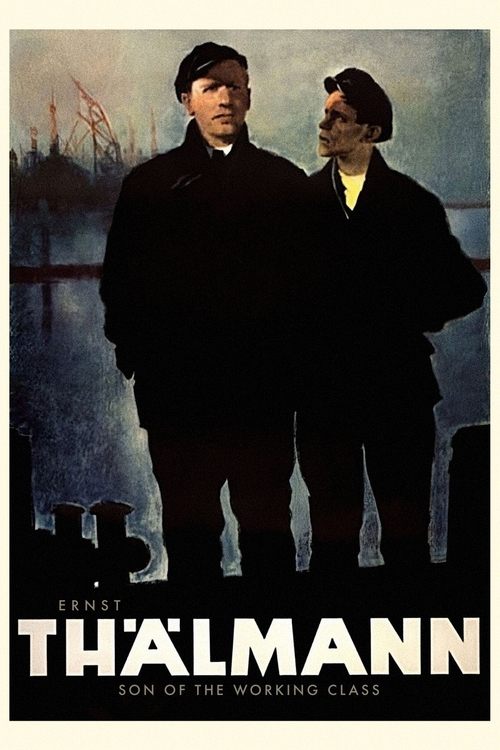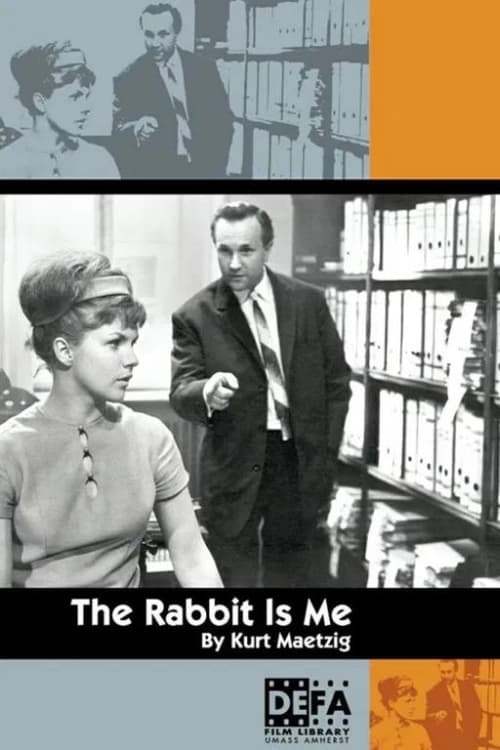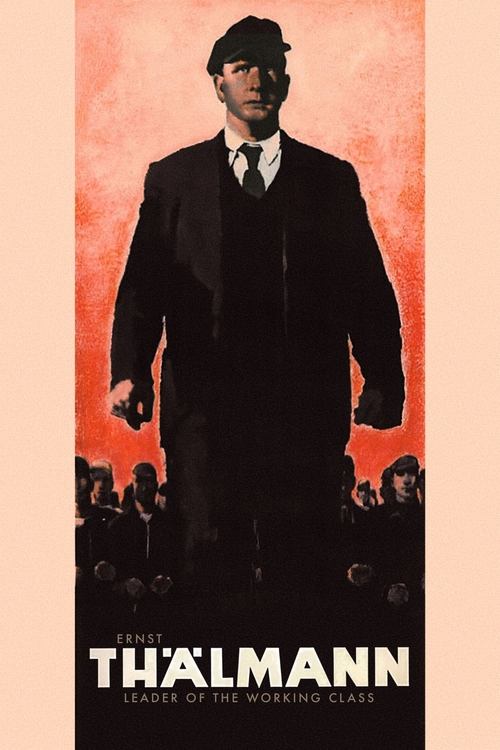Director: Kurt Maetzig

Birthday: 1911-01-25
Born in: Berlin, Germany
Biography: Kurt Maetzig was a German film director who had a significant effect on the film industry in the German Democratic Republic. He was also artistic director of the DEFA film studio.
Born in: Berlin, Germany
Biography: Kurt Maetzig was a German film director who had a significant effect on the film industry in the German Democratic Republic. He was also artistic director of the DEFA film studio.
Known for
4.7

6.5

4.4

6.7

6.4
